Edições Impressas
10 de abril de 2025
Junior Reporter | Sports for all – Level 3
Article published on Joca 239
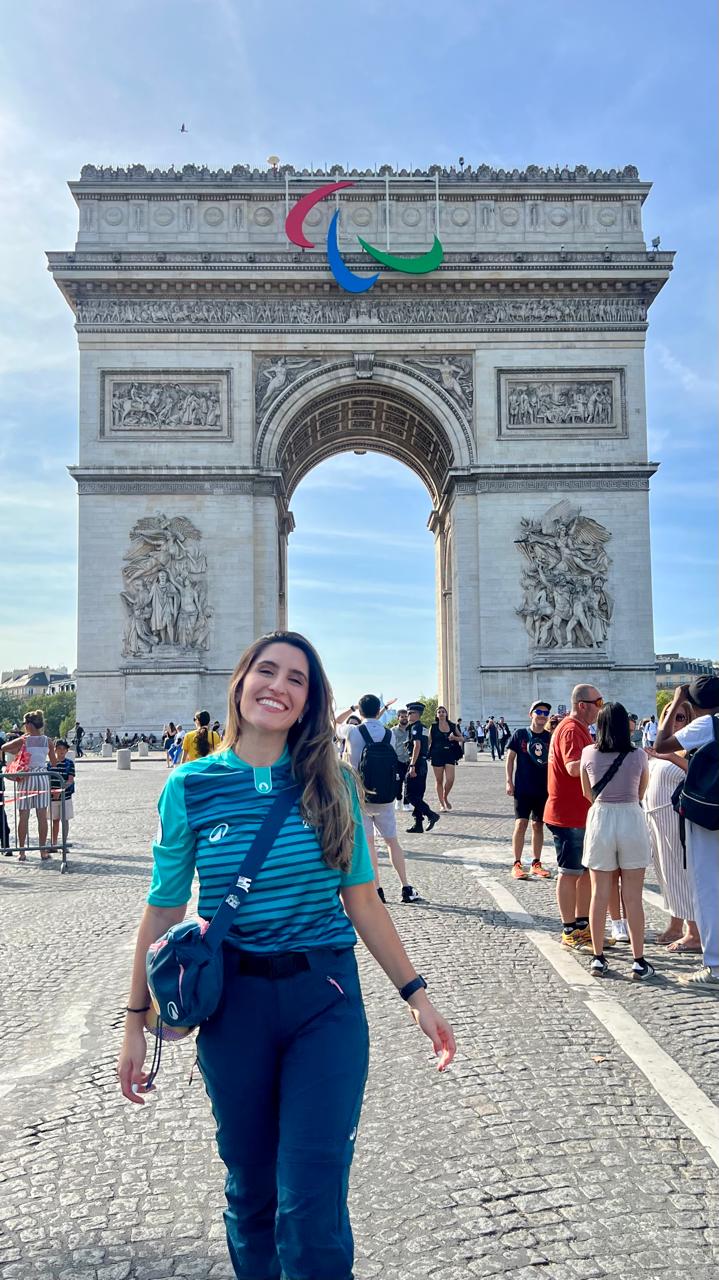
Camila Tauil is an architect who is passionate about sports. Ever since she was a child, she has been on the move, and this has led her to unexpected achievements. She went to Paris to study and then volunteered to take part in the 2024 Paralympic Games. This experience encouraged her to apply and then be chosen for the International Olympic Committee’s (IOC) Young Leaders Program. Camila is the only Brazilian among the 25 chosen representatives, and, over the next four years, will undergo training, as well as receive financial and intellectual support to develop her social project which integrates sports and the community. João B., age 10 and member of Clube do Joca, interviewed Camila. Check it out:
Why did you want to join the IOC Young Leaders Program and how important is this project to you?
I’ve always been very passionate about sports, ever since I was a child. In 2019, I was living in Paris, France, studying architecture. There, I saw a lot of things related to the Olympic and Paralympic Games that would place in Paris in 2024. So, I decided that no matter what, I would be part in some way of that year’s Games. In 2023, I applied to be a volunteer and was called. After I came back, I wanted to remain involved. That’s when a friend told me about the program and said it really suited me. I’m very excited to be a part of it, because the project plays a huge role in my life. It’s one of the few things in which I really feel I can make a difference.
What was it like to take part in the selection process and to be chosen knowing that there were over 5,000 applicants?
It was crazy! You know when you apply, but deep down you’re scared? I did my best at each of the stages but did not place too many expectations on myself so I would not get frustrated. I had to wait three months for feedback. Then I was invited to an online meeting and expected a long process ahead. I attended the meeting feeling super nervous, and towards the end I asked, with no expectations, what the next steps were. Then I was told that it was already the last one! Two weeks later, the response came via email, and I was in shock. I called my mother and brother right away and started crying. I felt very proud because I knew there were 25 spots, but I didn’t know how many people had applied.
I read on the website of the Brazilian Olympic Committee (COB) that you will be developing a social project. What is it about and how do you intend to develop it?
At the Paralympics, I came into close contact with athletes with disabilities, and I became very drawn to this world. For this reason, before I even applied to the IOC programme, I signed up to volunteer at an NGO that organizes street and park races for people with disabilities, most of whom are visually impaired. When I heard about the possibility of developing a social project, it made a lot of sense to move forward with the idea of providing physical activities to the people in this group in a simple way. So, the social project, which I will still develop further with the IOC, entails the use of public spaces and the leisure streets here in São Paulo – the ones that are closed on Sundays – to provide physical activities for people with and without disabilities. I want everyone to be together for the same purpose, which is to practice sports, and to help each other have a better quality of life. That’s where my part as an architect comes in, which is to make use of public spaces for society, not just for cars.
According to your statement on the BOC website, you want to “transform lives through the power of sport”. What transformation do you hope will take place?
I really want to make sports a means for everyone’s wellbeing. Initially, the idea of this social project is not for sports to be seen as a high-performance activity. My goal, especially for people with disabilities, is for sports to be an opportunity for well-being and socialization.
What was the experience of volunteering at the Paris Paralympics like?
I went by myself, so it was challenging. I worked as a team leader in the canoeing stadium. I knew that most people were French, so I was scared of what was new, and did not know what to expect. The vibe at the Paralympics is something special. Everyone has the same objective, everyone loves the sport, and cheers. That was something that surprised me in a positive way. I don’t know if people here in Brazil realize how big the Paralympics are. Unfortunately, it doesn’t get much recognition here, and very few Paralympic Games are broadcast on open TV stations or even appear on social networks. I recommend that anyone who has the chance to attend an Olympics or Paralympics to do so and, if they wish to, to volunteer.
What do you think the world needs to improve so the Paralympics can be as appreciated as the Olympics?
I think we need to appreciate athletes’ efforts more, whether they are olympians or not, because I have watched several interviews with competitors where people ask them whether they do anything else besides sports. It’s important to understand that for us it might be a competition that we watch once in a while, but for the athletes, it’s their profession.
In paralympics sports, there is still prejudice. So, I think people need to put prejudice and ableism aside and appreciate these athletes more.
Ixi! Você bateu no paywall!
Ainda não é assinante? Assine agora e tenha acesso ilimitado ao conteúdo do Joca.

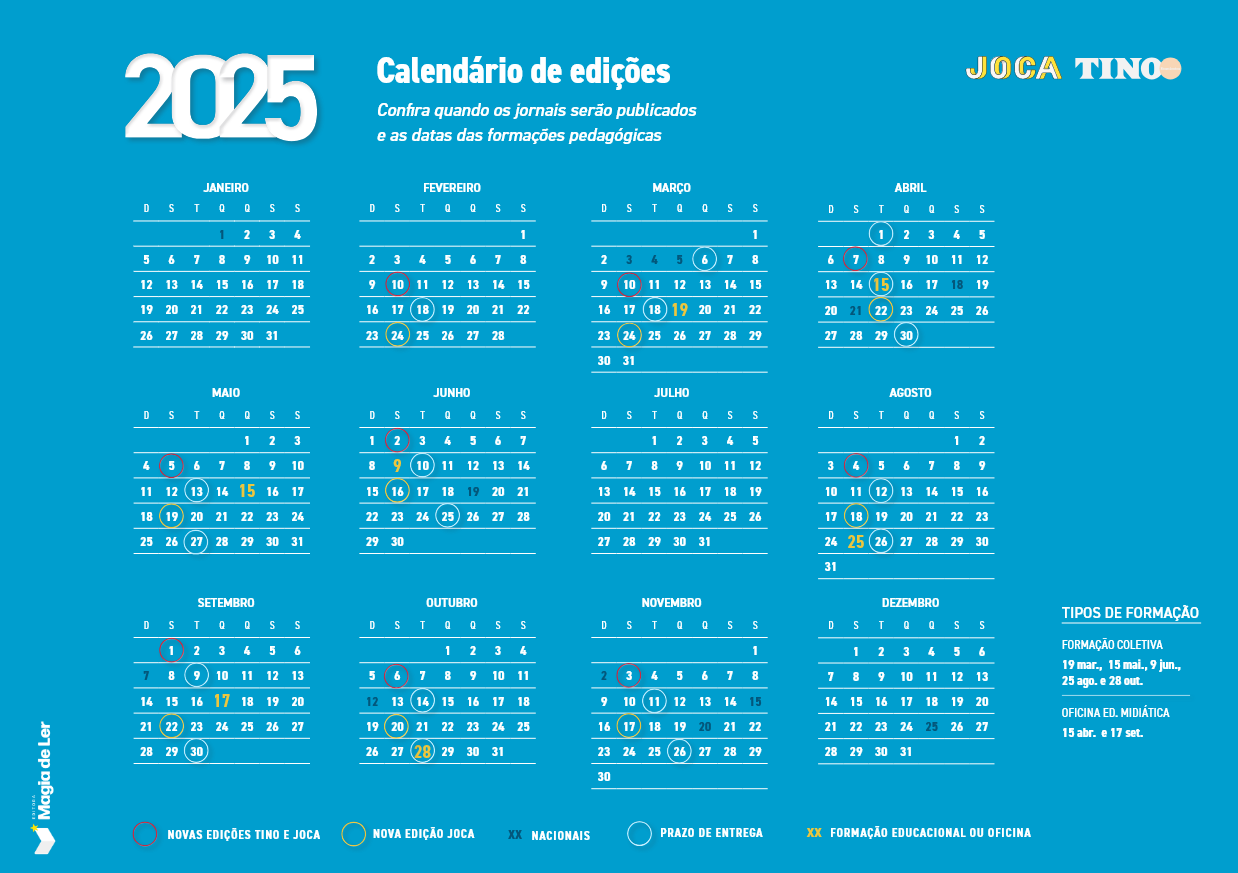
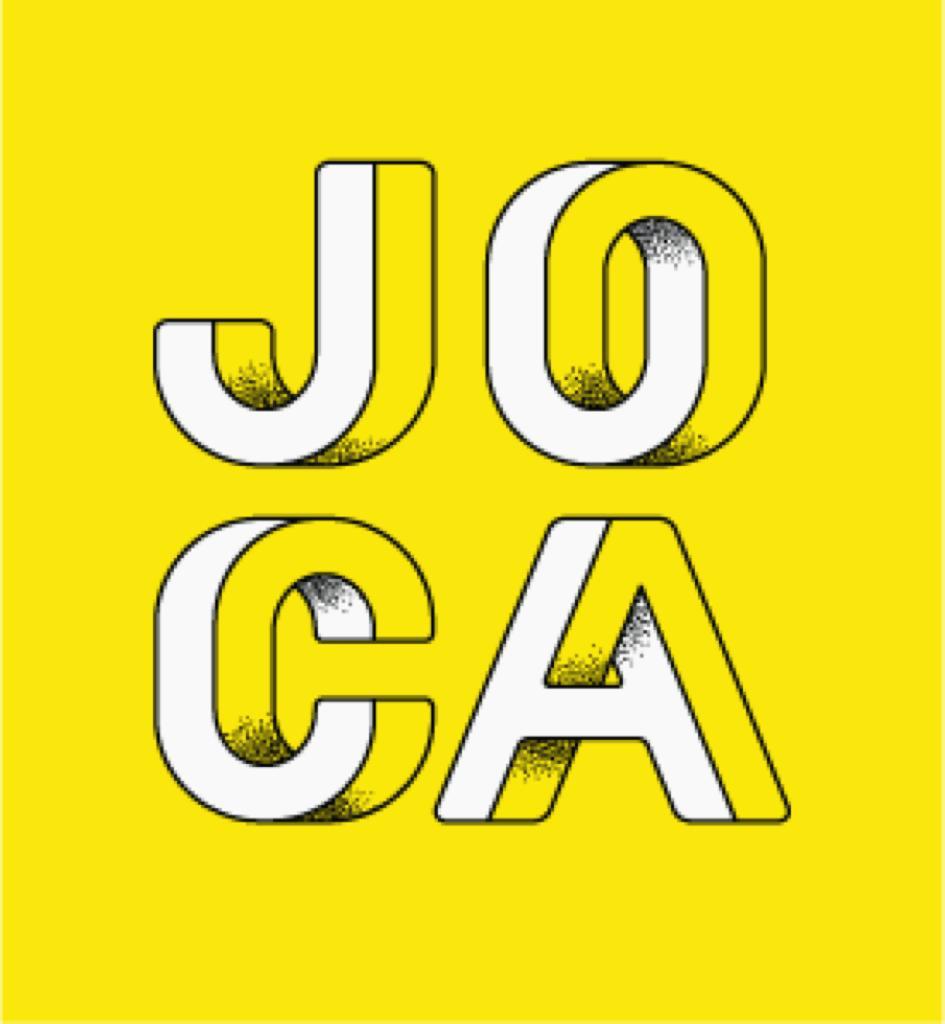





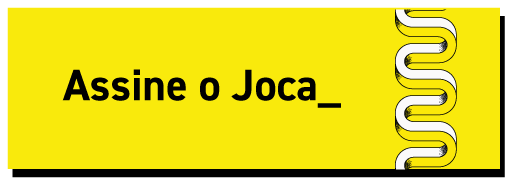
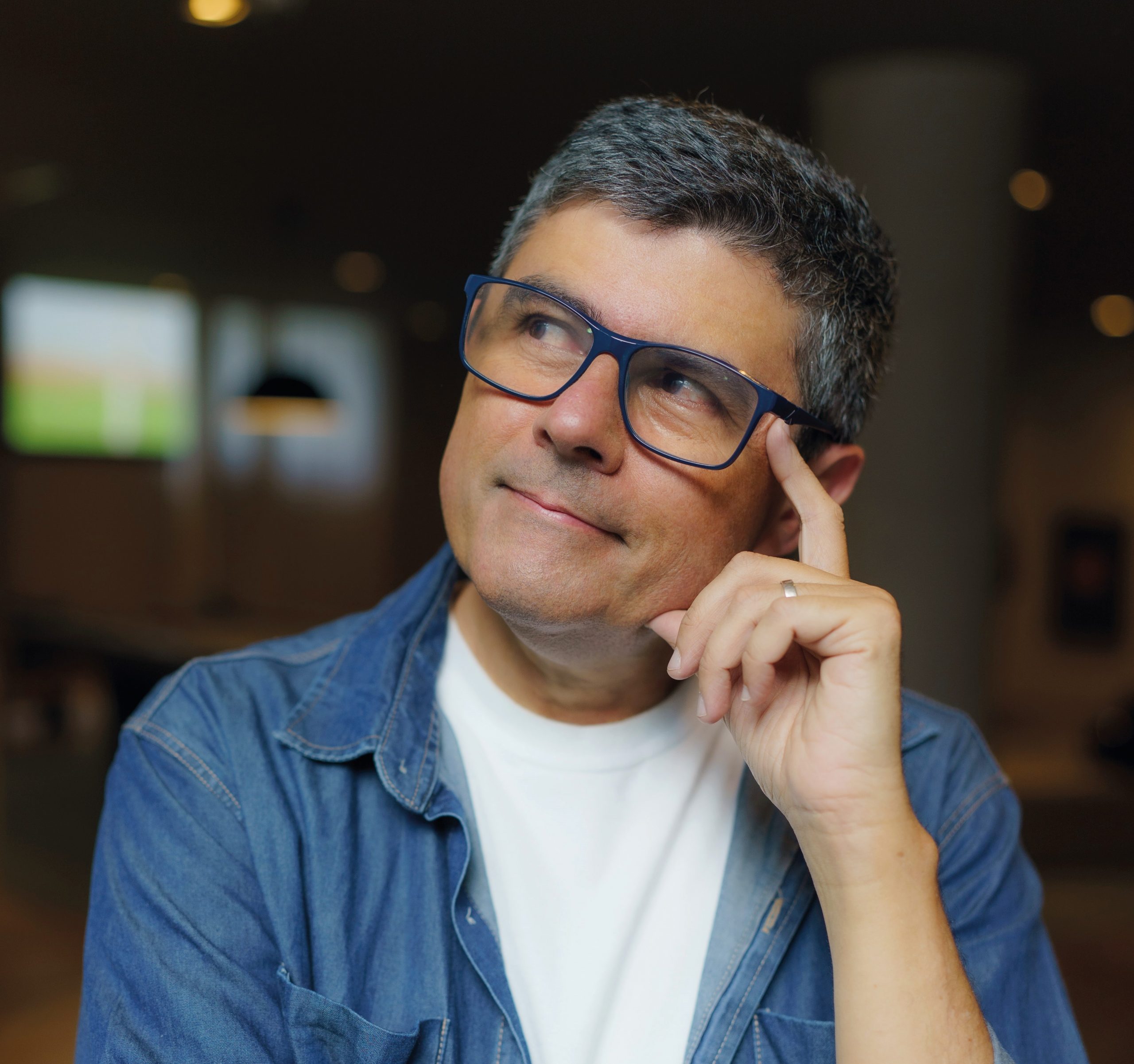
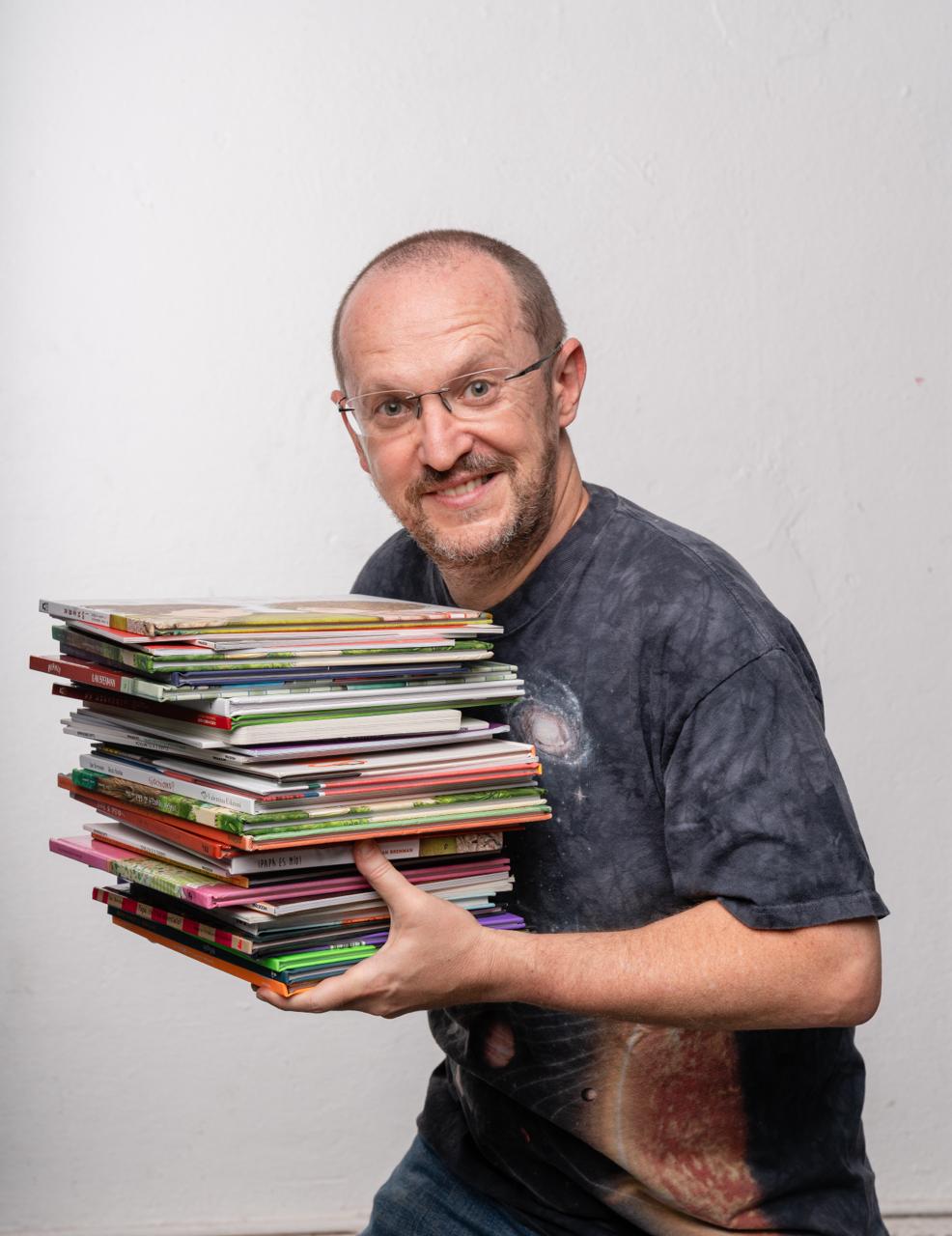
Você precisa fazer o login para publicar um comentário.